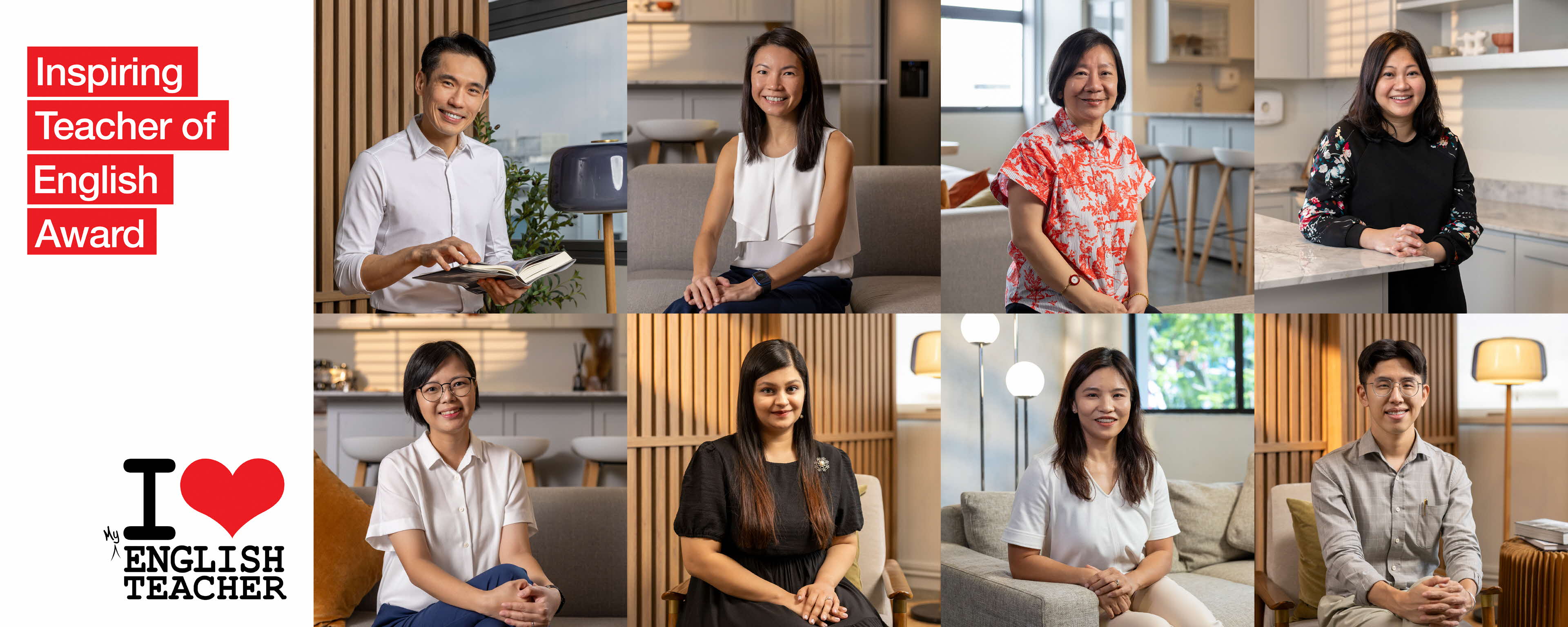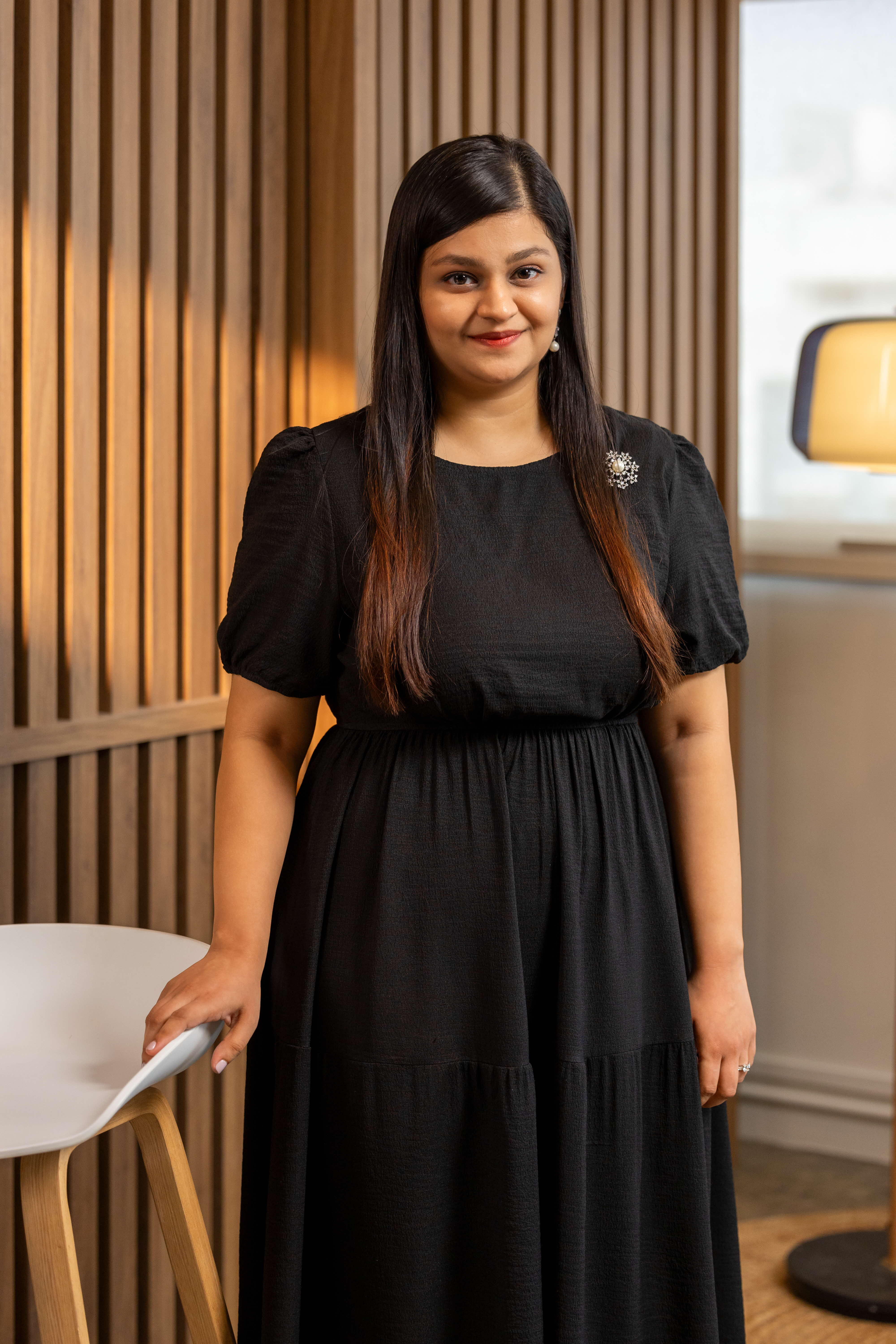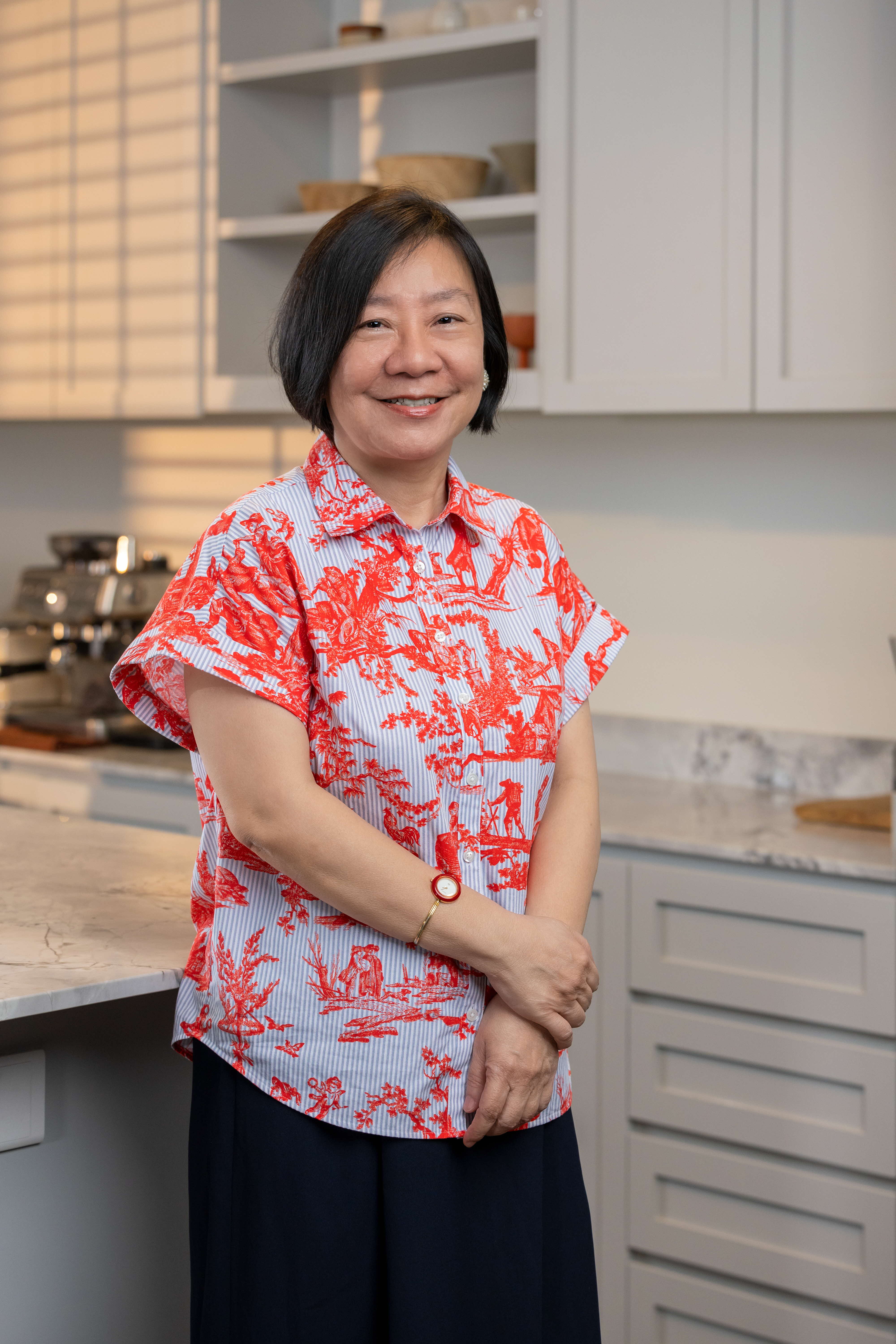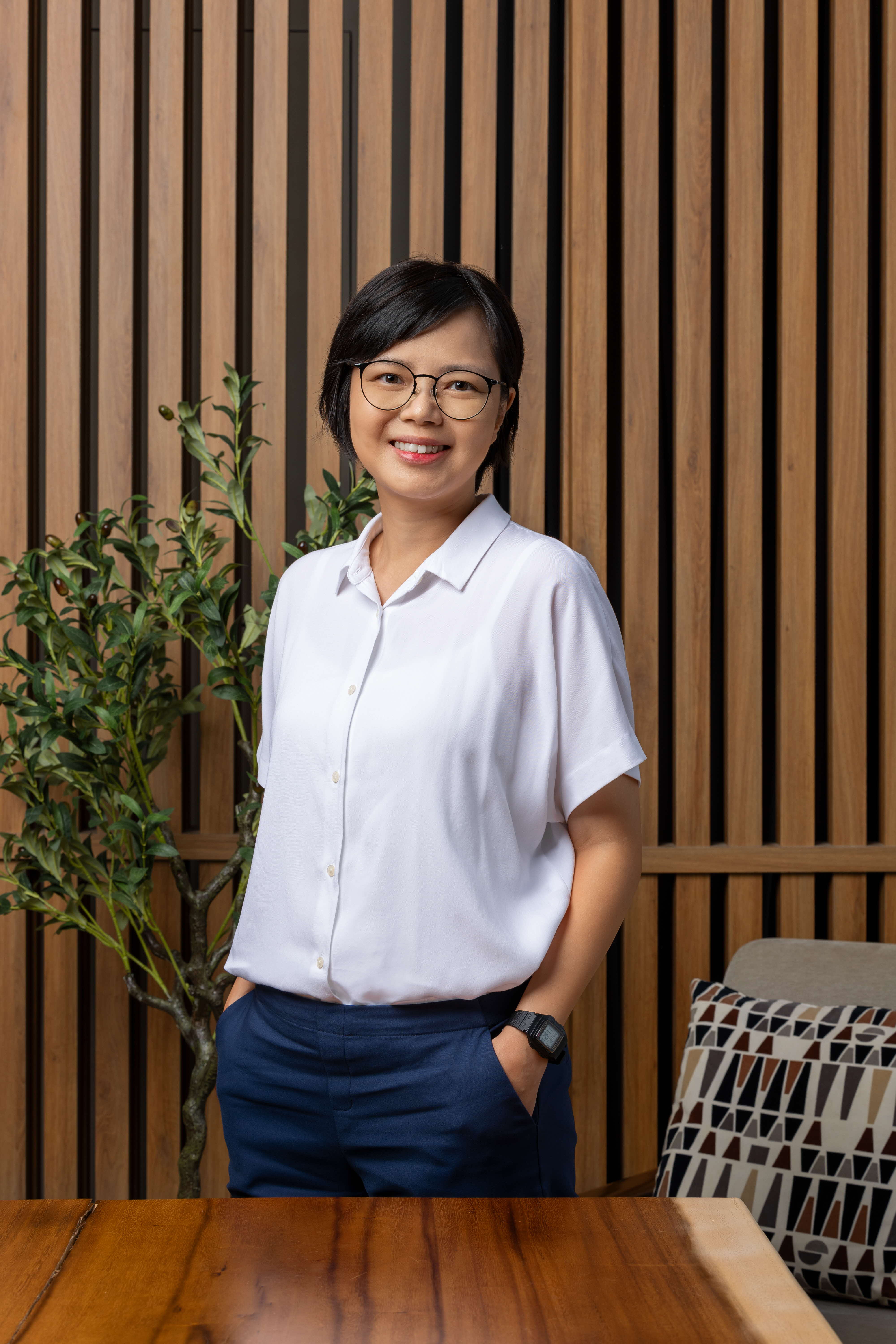
Winners of the 2023 Inspiring Teacher of English Award
Congratulatory Speech by Ms Liew Wei Li,
Director-General of Education, Ministry of Education
Press Release for Inspiring Teacher of English Award 2023
ITEA 2023 - Teaching Award Category
Primary School Category
Ms Leena Priya Segaran
Xishan Primary School

“I believe that every child can learn effectively when appropriately supported. Hence, I seek to understand my students’ interests and learning needs and preferences so that I can differentiate my lessons accordingly. In so doing, I aspire to enable all my students to be confident communicators who can speak, write and represent ideas effectively. I also explore the use of new technologies and platforms to create learning experiences that offer my students opportunities and support to collaboratively build their understanding of English and its use. This is so that they can learn to communicate with greater clarity and empathy.
As digital natives, many of my students prefer watching videos to reading a wide range of books and materials. To cultivate in my students a love for reading, I introduced them to different book titles and set up a reading corner in the classroom. My practice of reading my favourite children’s stories to them has also inspired them to read more widely. It has been heartening to observe the transformation in my students’ attitudes towards reading. By empowering my students to enjoy reading, I have also seen how they are able to write more fluently and use the language more purposefully and effectively to express their ideas. It is a privilege to play a pivotal role in leading my students to learn English with such enthusiasm and to use the language more effectively.”
Watch Video
Secondary School Category
Mr James Koh Sze Ming
Raffles Institution

“As a teacher of Literature, I aim to help my students discover the significance of stories in their lives. We use stories to remember the past, to understand those who are different from us, and to make sense of the complex world we live in. It is important that my students understand how stories are constructed and circulated in society - so that they realise there are different ways of interpreting a story, and the study of Literature helps them better negotiate contesting interpretations.
To do this, students need to be deeply aware of the paradigm that they are working in when understanding a text. This is why I value students’ voices in my classroom and encourage my students to be aware of their own thinking processes. By providing opportunities for them to openly discuss why they think in a particular way, my students become more reflective about how they make sense of a variety of texts. Through this process, I hope that they will leave the classroom with a healthy intellectual curiosity, constantly and persistently examining how they arrive at their understanding of texts, of themselves and of the world.”
Watch Video
Mr Shawn Lim You Hao
Anglo-Chinese School (Independent)

“I teach Literature to raise my students’ awareness of how experiences are constructed in texts and help us make sense of our reality. Reading critically involves the identification, examination and questioning of the profound influence that texts or other narratives have in shaping our lived realities. I seek to develop a critical disposition in my students by building on their personal responses in their exploration of texts. I hope to guide them to recognise how their responses reflect their own realities.
Thus, when students talk about how a rewatching of Star Wars was enriched by the themes they learnt in Romeo and Juliet or when a class chooses to sit with me during recess to discuss their responses to how popular media shapes the way they perceive the world, I observe with delight how my students are making sense of the world through critical lenses. Moments such as these motivate me to continue teaching.”
Watch Video
Ms Heng Siok Tian
Hwa Chong Institution

“Every classroom lesson is an opportunity to live out a simple maxim: only connect. My priority is to enable students to see the application of Literature in the real world, where language is at work. I believe in creating positive memories with them. Hence, I vary my teaching approaches. I design puzzles and pop quizzes, gamify review and revision of what students have learnt, challenge them to convert a Shakespearean soliloquy to a rap, or present their responses to texts using visuals, music or a mime. Above all, my aim is to wean the students off total reliance on a tutor’s commentary or ‘model’ answers”.
I have been blessed with interesting experiences on my teaching journey. In 2021, a student handed me a card and told me that it was from her father. To my surprise, her father was a student I had taught in 1990! To find out that I have taught both father and daughter almost three decades apart was a surreal realisation. Another rewarding encounter was when a student wrote a novel (as a self-initiated project) recounting his memories as my student, and likening me to Edna from the movie, The Incredibles. These experiences transform bruises into blessings.”
Watch Video
Junior College and Centralised Institute Category
Ms Yvonne Koh Feng Ying
Jurong Pioneer Junior College

“In my General Paper (GP) classroom, I view myself as a fellow explorer with my students. I believe it is crucial for us to jointly reflect on and learn from our experiences in the
classroom. Above all, it is vital for me to understand the learning needs of my students through these experiences.
Some students think that GP is a daunting subject. I strive to make it accessible by connecting what we learn in class to real-world experiences, and by incorporating games into my lessons. One example of a game I designed is the "Amazing Race". Students collaborate in groups to take photos of objects around them as part of their response to
given questions. When I meet my former students, they show me photos from past races. They tell me that they remember the connections they forged with one another and how they enjoyed their learning together. I am, therefore, reminded of this quote by Carl W. Buehner - ‘They may forget what you said, but they will never forget how you made them feel.’
For me, teaching is not just about imparting knowledge. It is about creating lasting memories and turning a subject that might seem daunting to some into an enjoyable and meaningful one.”
Watch Video